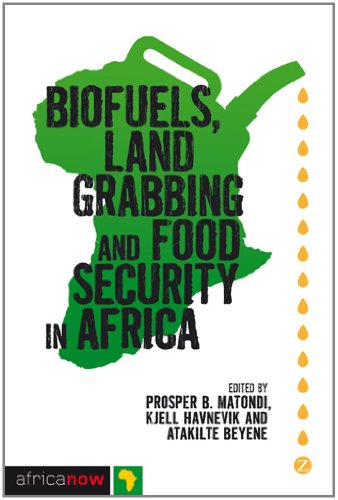
Continuously increased consumption of fossil fuels, decreased availability of easily accessible fossil fuels, significant contributions to climate change and wildly fluctuating fuels prices have combine to challenge the reliability and sustainability of our current energy supply. A possible solution to this energy challenge, biomass energy production, heavily dependent on sugarcane and corn production, is vulnerable to the fluctuation of the feedstock price. New technologies need to be developed to convert abundant biomass such as lignocellulosic materials into energy products in a cost-effective and environmentally friendly manner.
An introduction to fundamental principles and practical applications, Biomass to Renewable Energy Processes explains the theories of biological processes, biomass materials and logistics, and conversion technologies for bioenergy products such as biogas, ethanol, butanol, biodiesel, and synthetic gases. The book discusses anaerobic digestion of waste materials for biogas and hydrogen production, bioethanol and biobutanol production from starch and cellulose, and biodiesel production from plant oils. It addresses thermal processes, including gasification and pyrolysis of agricultural residues and woody biomass. The text also covers pretreatment technologies, enzymatic reactions, fermentation, and microbiological metabolisms and pathways. It explores the engineering principles of biomass gasification and pyrolysis and potential end-products.
Editor Jay Cheng has assembled contributors from multiple engineering disciplines, reflecting the breadth and depth of the field. These experts discuss the fundamental principles of the processes for bioenergy production, supplying the background needed to understand and develop biofuel technologies. They provide the foundation for future work and development on what can be a clean, green, renewable, and sustainable energy source for years to come.
List Price: $ 107.95
Price: [wpramaprice asin=”142009517X”]









